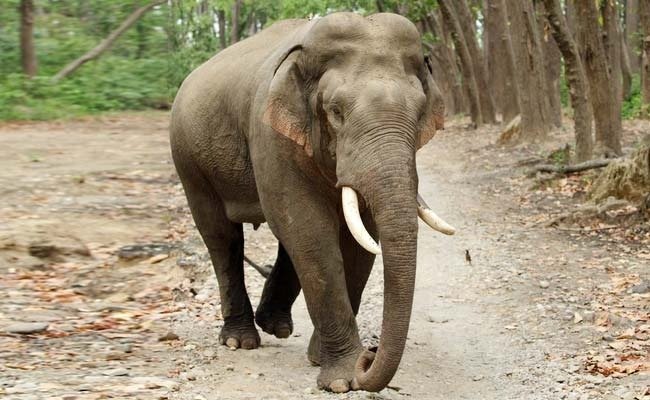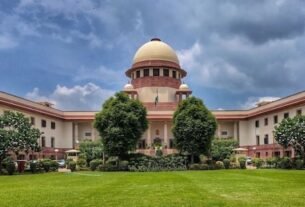Authorities Urge Villagers to Exercise Caution
Bokaro: Remote areas of the Bermo subdivision in Bokaro district, Jharkhand—particularly Gomia and the Jhumra hills—are facing a serious crisis due to the growing threat posed by wild elephants. In recent incidents linked to elephant activity in the region, nearly half a dozen people have lost their lives.
Taking the situation seriously, the district administration has prioritized the safety of residents and the protection of their property. The Deputy Commissioner of Bokaro convened a meeting with officials from the concerned departments and directed them to ensure the safety of lives, property, and standing crops under all circumstances.
Forest Department personnel are maintaining continuous surveillance on elephant movements and are appealing to villagers to remain vigilant. According to sources, a herd of elephants damaged crops in Jhumra village under Pachmo Panchayat in Gomia block late last night. Local residents reported that a group of five elephants was spotted in Jhumra village and is now moving toward Baltharwa village.
The administration has initiated drone surveillance in the affected areas and is sharing timely information with local residents to help them stay informed and prepared.




